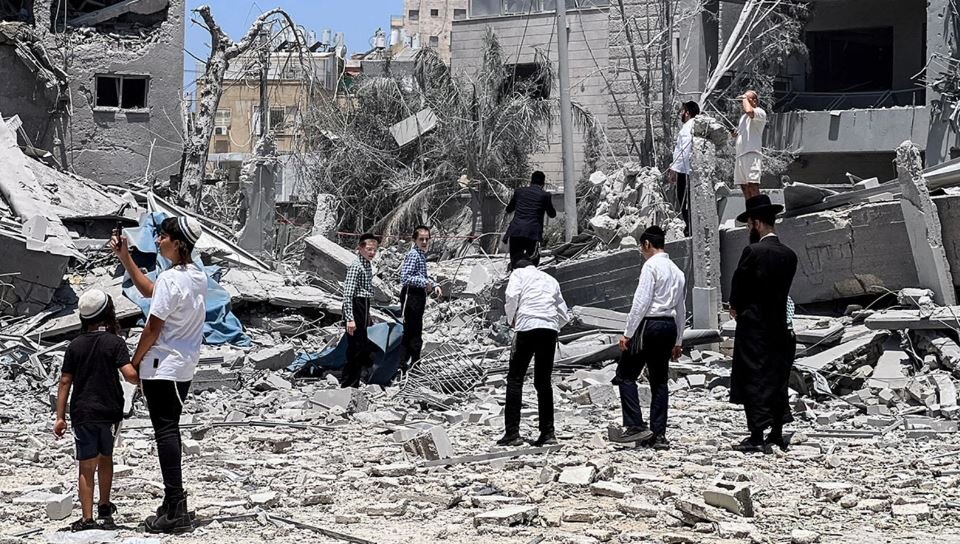Iran warns enemies of devastating response as it honors war veterans

TEHRAN – Iran's military leaders have marked the anniversary of prisoners returning from the Iran-Iraq war with harsh warnings to the United States and Israel, promising overwhelming retaliation against any new aggression.
The Islamic Revolution Guards Corps (IRGC) declared Sunday that Iran stands ready to "destroy any enemy front" threatening its security, praising former prisoners of war as living symbols of the nation's resistance. The statement tied Iran's victory in the 1980s war to its more recent confrontation with Israel and the U.S. in June, when Iranian forces compelled Israel to accept a ceasefire.
"Just as faith and unity defeated Saddam's war machine, today they will break the will of any aggressor," the IRGC statement read. The powerful military force vowed to continue following the path of the Islamic Revolution's founders, predicting ultimate victory over "Western-backed occupiers" in the region.
In a separate but similar statement, Iran's Armed Forces General Staff warned Saturday that any new attack by the U.S. or Israel would meet a response "ten times more powerful" than June's counterstrikes. The warning came as Iran commemorated the August 17, 1990 prisoner exchange that brought home over 40,000 Iranians held in Iraq.
"The same enemies who failed to break Iran during eight years of war, and who were humiliated in June, still haven't learned their lesson," the military statement said.
On June 13, Israel launched airstrikes against Iran’s military, nuclear, and security infrastructure—an assault that continued for 12 days and claimed the lives of at least 1,065 Iranians, mostly civilians, with senior military commanders and nuclear scientists among the dead. The United States backed the Zionist regime since the beginning of the war, but joint the conflict directly on June 22 as it attacked three nuclear sites previously targeted by Israel.
While Iran’s retaliatory strikes—codenamed Operation True Promise 3—pummeled parts of the occupied territories in 22 waves of missile and drone attacks, destroying key Israeli military, security, intelligence, and economic sites, analysts note that Tehran exercised restraint by holding back its most advanced and destructive weapons. Iran has stated that the June 24 ceasefire, which was initiated at Israel and Washington’s request, represents only a temporary pause in hostilities that will remain in effect solely as long as Iranian territory or interests remain unharmed. Several high-ranking officials have said that they anticipate more Israeli attacks in the future.
Analysts also assess that Israel's long-term objective is the fragmentation of Iran, with intelligence reports indicating increased support for terrorist organizations and separatist groups following the June conflict.
Leave a Comment